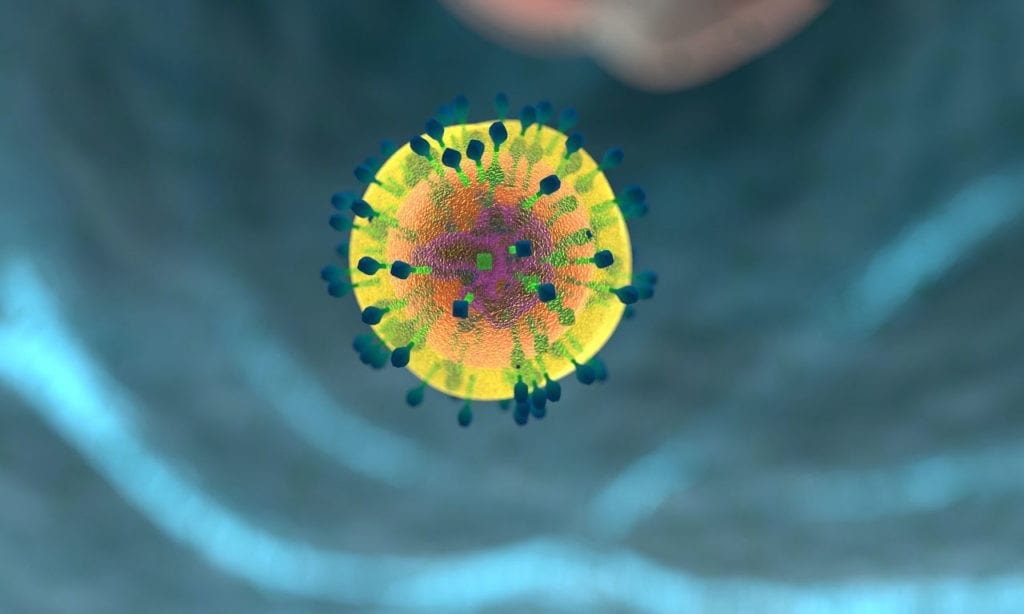A new study explored the mechanisms underlying narcolepsy, a rare sleep disorder. The condition has previously been linked to reduced levels of a neurotransmitter called hypocretin, and the recent study investigated the reasons behind this. To find out more about this study, you can read the source article here at the Università della Svizzera italiana’s website. Alternatively, you can find the researcher’s article at Nature by clicking here.
About Narcolepsy
Narcolepsy is a chronic sleep disorder that can significantly impact a person’s daily life. Narcolepsy is thought to be caused by the brain being unable to properly regulate sleeping and waking patterns, which can lead to many of the symptoms associated with the condition. These may include excessive daytime sleepiness, sleep attacks (suddenly falling asleep without warning), cataplexy (temporary loss of muscle control that may cause collapse, often triggered by strong emotions), and sleep paralysis (being unable to move when waking up or going to sleep), amongst others.
What Causes Narcolepsy
Narcolepsy is thought to be caused by low levels of the brain chemical hypocretin, which is involved in regulating wakefulness. Previous research has indicated that these reduced levels may be caused by the immune system incorrectly attacking cells or receptors linked to hypocretin. However, this explanation doesn’t apply to everyone with narcolepsy. To read more about the causes of narcolepsy click here.
The Research
Using sensitive techniques, the researchers investigated the immune cells called T lymphocytes in patients with narcolepsy and found that autoreactive T lymphocytes may lead to inflammation and neuronal damage to neurones that produce hypocretin. The team also studied molecular interactions that may cause hypocretin recognition. It has been suggested that blocking this damage to hypocretin-producing neurones may be able to reduce neuronal loss and slow disease progression.







